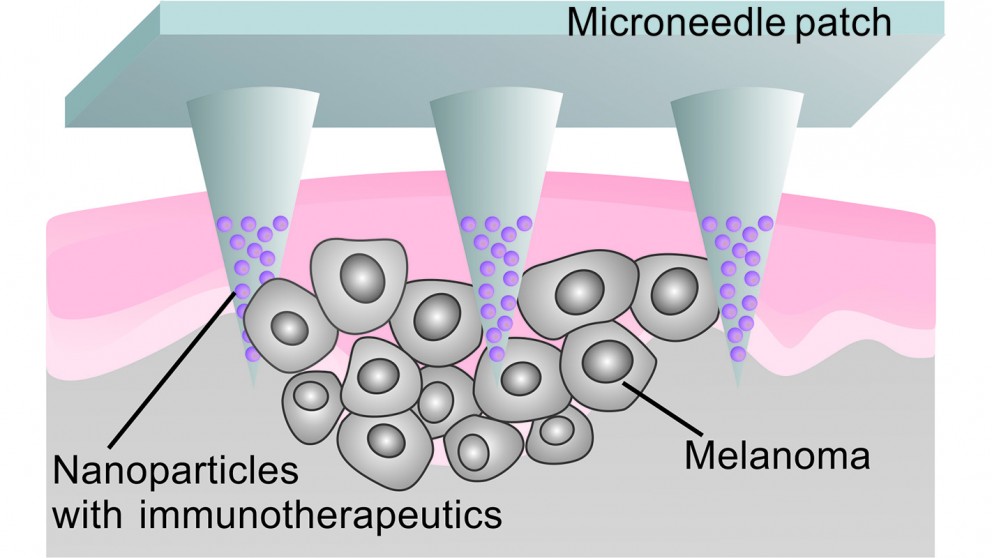
Design of sHDL nanodisc platform for personalized cancer vaccines.
Researchers at the University of Michigan have had initial success in mice using nanodiscs to deliver a customized therapeutic vaccine for the treatment of colon and melanoma cancer tumors. “We are basically educating the immune system with these nanodiscs so that immune cells can attack cancer cells in a personalized manner,” said James Moon, the John Gideon Searle assistant professor of pharmaceutical sciences and biomedical engineering.
Personalized immunotherapy is a fast-growing field of research in the fight against cancer. The therapeutic cancer vaccine employs nanodiscs loaded with tumor neoantigens, unique mutations found in tumor cells...
Read More







Recent Comments